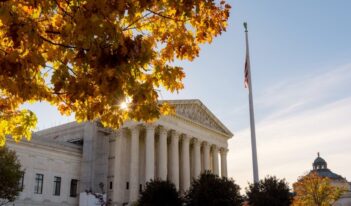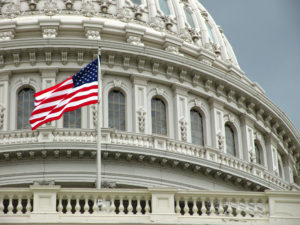The End of the Chevron Era
The Administrative Procedure Act empowers courts—not agencies—to decide a statute’s single best meaning.
The Court Reaffirms that Agencies Cannot Rewrite Laws
New limits on ATF’s ability to expand statutory scope by redefining key terms may have broader implications.
The Supreme Court’s Self-Coronation
The U.S. Supreme Court’s current docket presents the Court with more opportunities to empower itself at the expense of other governmental institutions.
Putting the U.S. Administrative Procedure Act in Perspective
Efforts to modernize the APA should be approached with caution.
Administrative Procedure Acts in Latin America
Administrative law faces unique challenges in Latin American “paper leviathans.”
Cataloging and Clarifying Judicial Review Statutes
Congress should seek to remove procedural obstacles that inhibit statutory access to judicial review.
Priorities and the State of Implicit Bias in Crimmigration
Written immigration enforcement priorities might promote transparency but still might not address inequities.
Balancing Public Engagement and Agency Action in a Changing World
Regulators facing challenges such as climate change must balance obtaining public input with acting effectively.
Reimagining the Public’s Role in Agency Rulemaking
Congress should tailor the notice-and-comment process for more meaningful public participation.
Public Input in Rulemaking
Public comments allow agencies to understand the perspectives of those who regulations are intended to benefit.
Democracy, Rulemaking, and Outpourings of Comments
Scholars and policymakers should recognize the democratic benefits of public comments.
Rejecting Two-Faced Explanations by Agencies
Scholar argues that recent Supreme Court decisions create a new vision of agency accountability to the public.












